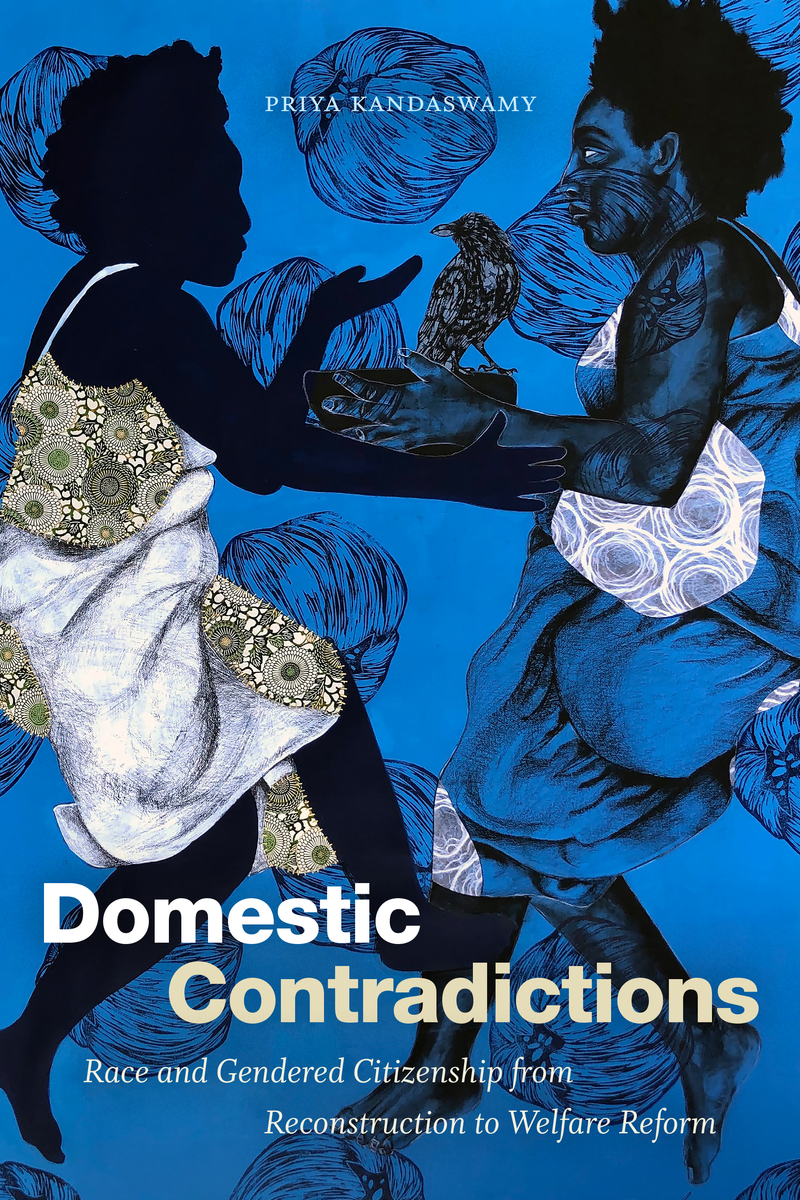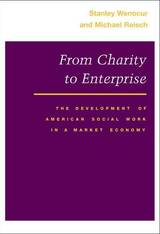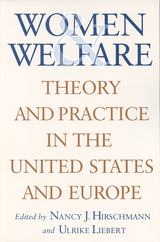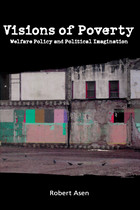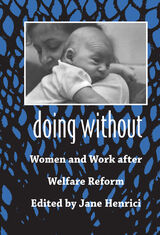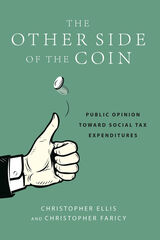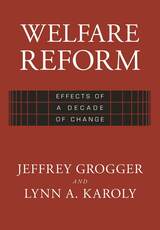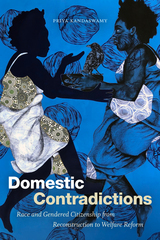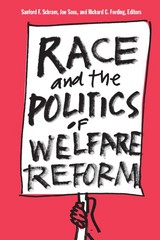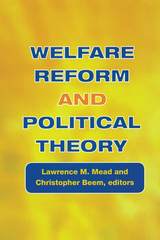Domestic Contradictions: Race and Gendered Citizenship from Reconstruction to Welfare Reform
Duke University Press, 2021
Cloth: 978-1-4780-1340-2 | Paper: 978-1-4780-1431-7 | eISBN: 978-1-4780-2162-9 (standard)
Library of Congress Classification HV95.K345 2021
See other books on: 1993- | African American women | Public welfare | Reconstruction | Social policy
See other titles from Duke University Press
Cloth: 978-1-4780-1340-2 | Paper: 978-1-4780-1431-7 | eISBN: 978-1-4780-2162-9 (standard)
Library of Congress Classification HV95.K345 2021
ABOUT THIS BOOK | AUTHOR BIOGRAPHY | REVIEWS | TOC | REQUEST ACCESSIBLE FILE
ABOUT THIS BOOK
In Domestic Contradictions, Priya Kandaswamy analyzes how race, class, gender, and sexuality shaped welfare practices in the United States alongside the conflicting demands that this system imposed upon Black women. She turns to an often-neglected moment in welfare history, the advent of the Freedmen's Bureau during Reconstruction, and highlights important parallels with welfare reform in the late twentieth century. Kandaswamy demonstrates continuity between the figures of the “vagrant” and “welfare queen” in these time periods, both of which targeted Black women. These constructs upheld gendered constructions of domesticity while defining Black women's citizenship in terms of an obligation to work rather than a right to public resources. Pushing back against this history, Kandaswamy illustrates how the Black female body came to represent a series of interconnected dangers—to white citizenship, heteropatriarchy, and capitalist ideals of productivity —and how a desire to curb these threats drove state policy. In challenging dominant feminist historiographies, Kandaswamy builds on Black feminist and queer of color critiques to situate the gendered afterlife of slavery as central to the historical development of the welfare state.
See other books on: 1993- | African American women | Public welfare | Reconstruction | Social policy
See other titles from Duke University Press
